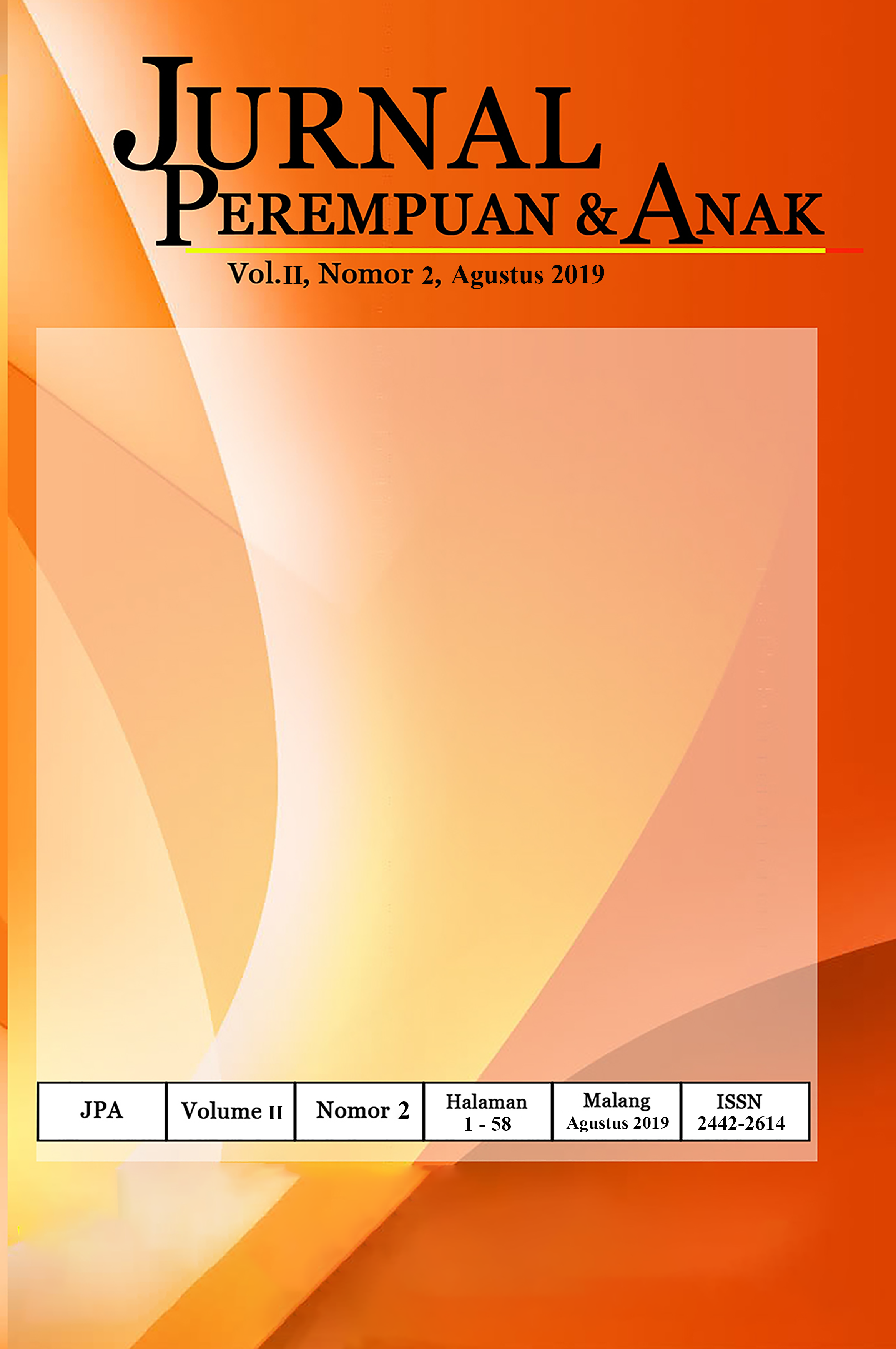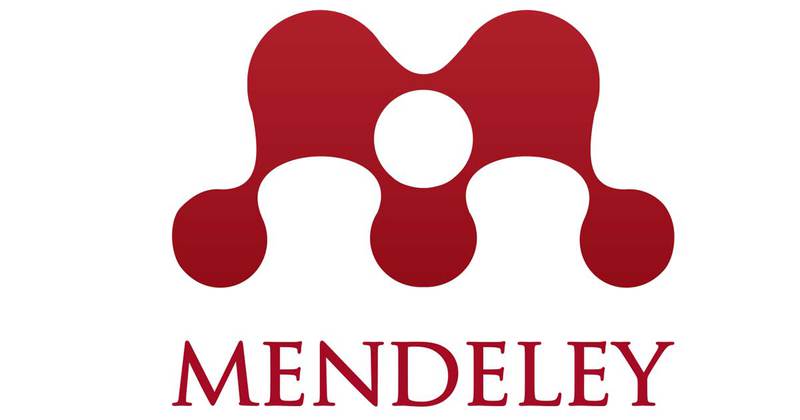SURVIVAL STRATEGY FOR WOMEN WITH DISABILITIES AS HEAD OF FAMILY
DOI:
https://doi.org/10.22219/jpa.v2i2.9664Abstract
People with disabilities have physical limitations and mental disorders. According to Law No. 8 of 2016 concerning persons with disabilities, people with disabilities are those who experience physical, intellectual, mental and sensory limitations for a long time in interacting with the environments who may experience obstacles and difficulties in participating fully and effectively with other citizens based on equal rights. In relates to that, women with disabilities still experience some social discrimination such as social exclusion, marginalization, stereotypes and violence which may results poverty, unemployment, and life deprivation experienced by women with disabilities as heads of households. With the discrimination they experienced, women with disabilities as human beings always tries to carry out survival strategies to meet their life and family needs. Economic problems experienced by women with disabilities makes them have to carry out a survival strategy. As an analytical tool in this study, researchers used the Subsistence Ethics Theory by Scott (1989). In the Ethical Theory of Subsistence, there are three ways of survival mechanisms, among others are to tighten spending, to have a side job, and to get help from networks outside the family. Using descriptive qualitative research, data was collected through observation, interview and documentation techniques. The data was then analyzed through the process of data reduction, data presentation and verification. The data validation uses source triangulation techniques, technical triangulation and time triangulation. From the results of the study, it can be concluded that most of the research subjects used survival mechanisms by tightening expenditures in order to increase daily expenses. In addition, they have side jobs as farm laborers, odd jobs, and also tailors; as well as utilize the local government aid to meet their daily needs.Downloads
References
Anwar, Y. dan Adang. 2013. Sosiologi untuk Universita. Bandung: PT. Refika Aditama
Demartoto, A. 2007. Menyibab Sensitivitas Gender dalam Keluarga Difabel. Surakarta: LPP UNS dan UNS Press
Effendi, M. 2006. Pengantar Psikologi Anak Berkelainan. Jakarta: Bumi Aksara
Fakih, M. 2006. Analisis Gender dan Transformasi Sosial. Yogyakarta: Pustaka Pelajar
Kaelan, H. 2012.Metode Penelitian Kualitatif Interdisipliner. Yogyakarta: Paradigma
Kementrian Sosial RI. 2015. Pedoman Pelaksanaan Pemberian Asistensi Sosial bagi Penyandang Disabilitas Berat. Diakses pada 11 April 2018 pukul 20.00 WIB
Moleong, L. J. 2007. Metodologi Penelitian Kualitatif. Bandung: Remaja Rosdakarya.
Mosse, J. C. 2007. Gender Dan Pembangunan. Yogyakarta: Pustaka Pelajar
Resmi, S. 2005. Gali Tutup Lubang Itu Biasa: Strategi Buruh Menanggulangi Persoalan dari Waktu ke Waktu. Bandung: Yayasan Akatiga
Riyadi, E. 2012. Vulnerable Groups: Kajian dan Mekanisme Perlindungan. Yogyakarta: PusHam VII
Subhan, Z. 2004. Qodrat Perempuan Takdir atau Mitos. Yogyakarta: Pustaka Pesantren
Sugiyono. 2009. Metode Penelitian Kuantitatif Kualitatif dan R&D. Bandung. CV Alfabeta.
Suharno, E. 2003. Copying Strategies dan Keberfungsian Sosial. Bandung: Grunata Brata
Sumianti, E. 2005. Kajian Hukum Perkawinan yang Berkesetaraan Jender. Yogyakarta: Publishing Company.
Soemantri, T. S. 2006. Psikologi Anak Luar Biasa. Bandung: Refika Aditama
Endang, W., dkk. 2003.Hubungan Antara Kecacatan Fisik Anak Dan Depresi Ibu Dari Anak-Anak Tuna Daksa. Surabaya: YPAC
Downloads
Published
How to Cite
Issue
Section
License
Authors who publish with Jurnal Perempuan dan Anak (JPA) agree to the following terms:
- For all articles published in Jurnal Perempuan dan Anak (JPA), copyright is retained by the authors. Authors give permission to the publisher to announce the work with conditions. When the manuscript is accepted for publication, the authors agree to automatic transfer of the publishing right to the publisher.
- Authors retain copyright and grant the journal right of first publication with the work simultaneously licensed under a Creative Commons Attribution-ShareAlike 4.0 International License that allows others to share the work with an acknowledgment of the work's authorship and initial publication in this journal.
- Authors are able to enter into separate, additional contractual arrangements for the non-exclusive distribution of the journal's published version of the work (e.g., post it to an institutional repository or publish it in a book), with an acknowledgment of its initial publication in this journal.
- Authors are permitted and encouraged to post their work online (e.g., in institutional repositories or on their website) prior to and during the submission process, as it can lead to productive exchanges, as well as earlier and greater citation of published wor (See The Effect of Open Access).
This work is licensed under a Creative Commons Attribution-ShareAlike 4.0 International License








